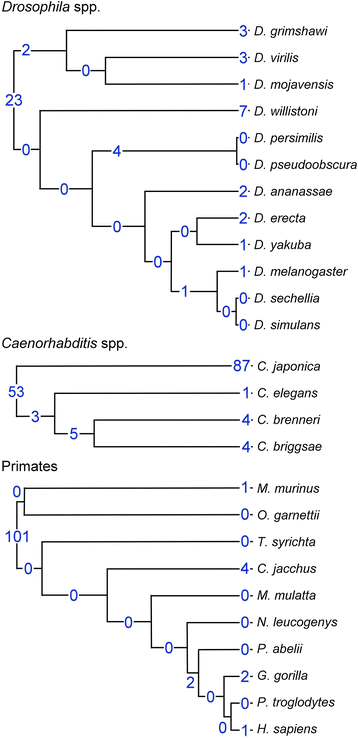Gracchus
Senior Veteran
- Dec 21, 2002
- 7,198
- 821
- Faith
- Pantheist
- Marital Status
- Single
- Politics
- US-Others
People can speak truth regardless of religion, although religion can make it harder.It sounds like a version of Zen conversation.
Let me discriminate between "judgement" as "discernment" and "judgment" as "condemnation" or "blame".Is it a judgement if one used a feature or an object to describe a status?
The comment from the interpreter was specifically addressed to one who was too obviously attached to his idea of some sort of moral superiority and inferiority. In Buddhism, such attachments must be released if one is to attain enlightenment.What the abbot said is very good. But the comment from the interpreter is not.
To understand a koan is not hard for the enlightened mind, for to understand the koan, one need only understand its purpose.Just like an outsider have no way to really understand the meaning of a reply from a Zen master.
The Buddha-mind is free from illusion, and does not cling to falsehood. In many cases the koan presents a contradiction, and the tension thus created tears the acolyte free from his delusion. The Buddha-mind accepts what is real. The unenlightened mind does not understand because it clings to falsehood and superstition.
Consider:
"For I know that nothing good dwells in me, that is, in my flesh; for the willing is present in me, but the doing of the good is not. For the good that I want, I do not do, but I practice the very evil that I do not want. But if I am doing the very thing I do not want, I am no longer the one doing it, but sin which dwells in me I find then the principle that evil is present in me, the one who wants to do good." --- NIV Romans 7:18-21
Your "apostle" Paul claims that he cannot control himself. This is because he refuses to understand his own nature. He is deluded because he clings to a falsehood. He tries to separate himself from himself, his "good" from his "evil". Thus, he cannot control that part of himself that he denies is himself. He denies that he wants to do what he does, denies that he does it because he wants to, and thus excuses himself, in an effort to cling to his false view of his own nature. So he continues to do what he claims he doesn't want to do. One must claim and accept one's true nature before one can begin to control it.
That should be obvious, like the sound of one hand clapping.

Upvote
0


